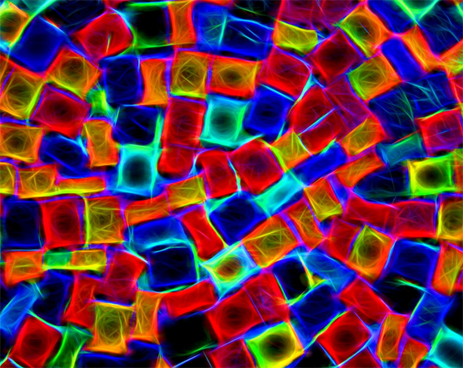
2nd ACT International Synergy Conference
Building Communities of Practice for gender equality in ERA. An interactive event for practitioners to #ACTonGender in HE & R&I
The 2nd ACT International Conference took place as a virtual event on 11-12 February 2021. 345 people mainly from across Europe but also from countries in Asia, Africa, North America, and Latin America registered for the event. The programme prepared for the 2nd Conference had three objectives. The first one was to report on the achievements and lessons from the nearly three years of ACT’s efforts to develop and support Communities of Practice for gender equality in research and innovation. The second one was to exchange experiences and learn from other CoPs. The third one was to discuss how the CoP approach can be further advanced to achieve structural change for gender equality in science.
The official host of the event was the Jagiellonian University in Krakow, Poland, where the conference would have taken place if the COVID-19 pandemic has not disrupted the functioning of the world, and Prof. dr ha. Piotr Kustrowski, Vice rector for Research, welcomed participants. He was followed by Mina Stareva, Head of Unit at DG RTD of the European Commission who updated the audience on the new and significant directions and policy objectives the Commission has adopted to make progress on gender equality in research and innovation. Perhaps the most important of which has been the commitment to make Gender Equality Plans (GEPs) a requirement for proposals submitted to Horizon Europe. The results from ACT were therefore very timely since one of its objectives has been to test how CoPs could be deployed to implement GEPs.
Day 1 of the conference explained how the ACT’s eight CoPs (LifeSci, GENERA, GenBUDGET, FORGEN, Strategies, Alt+G, GEinCEE, and LAC) have been developed, made to function, and evolved during the project, and the support measures that were provided to make this happen. In addition, three external CoPs were introduced by invited speakers: Uta Wehn from H2020 WeObserve project, which is applying the CoP method in the area of Citizen Science; Coralia Catana and Susanne Szkola from DG JRC who are developing CoPs approach for knowledge sharing; and Daniela Bultoc who has developed CoP methodology at University College London for improving academic administration.
ACT Workpackage leaders reported on the tools developed in the project, including the CoP Co-creation Toolkit, the Gender Equality Audit and Monitoring Toolkit, the Knowledge Sharing Platform, facilitator training, and stakeholder engagement events for scaling up CoPs to tackle ERA priority issues: careers, decision making, and gender dimension in research.
The big question for Day 2 was how to achieve sustainable operational CoP model for improving quality of science knowledge making. The discussion centred on four questions. How can CoPs help institutions achieve structural change? How can CoPs help change cultures? What is needed to support functioning of CoPs? How to measure effectiveness of CoPs?

